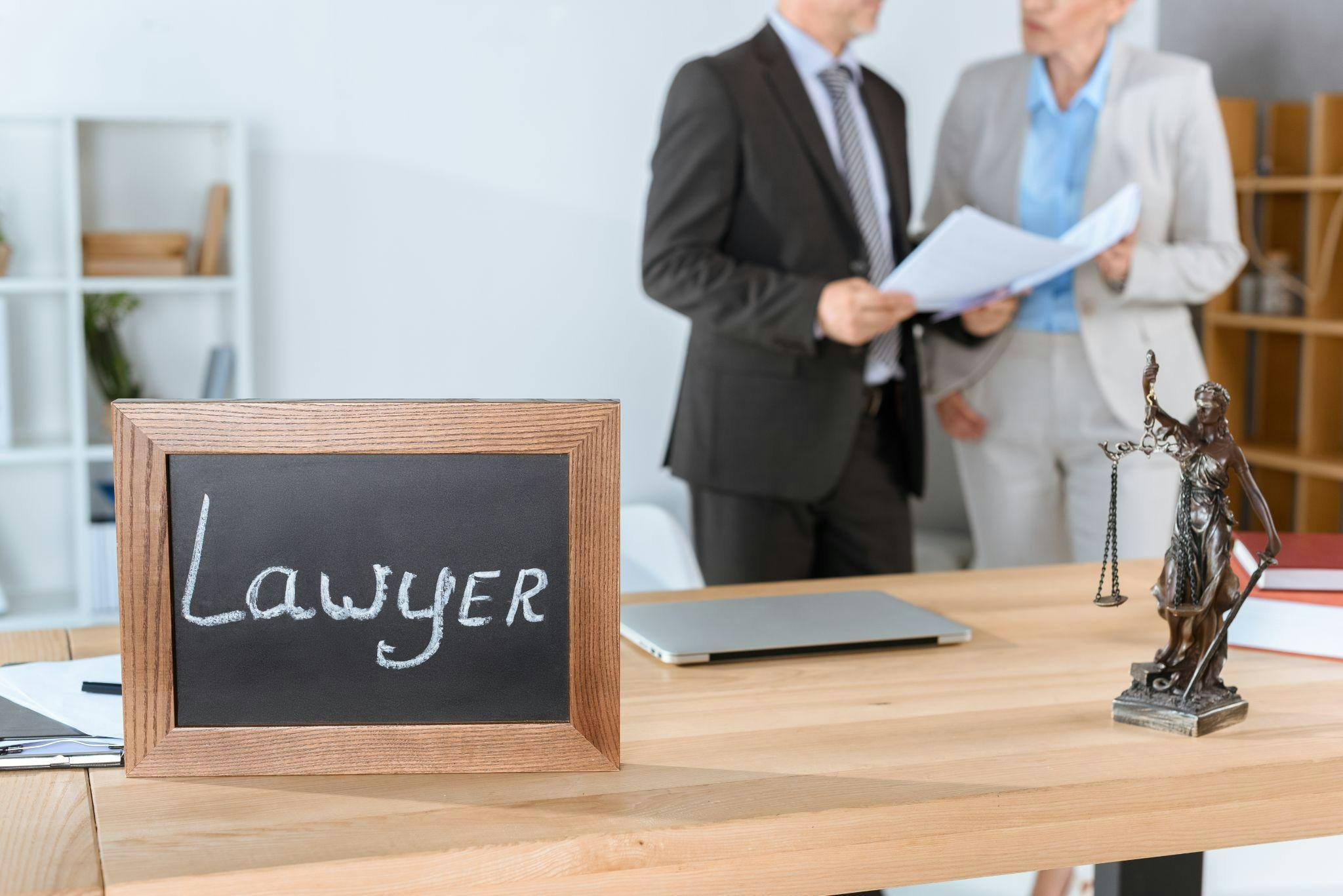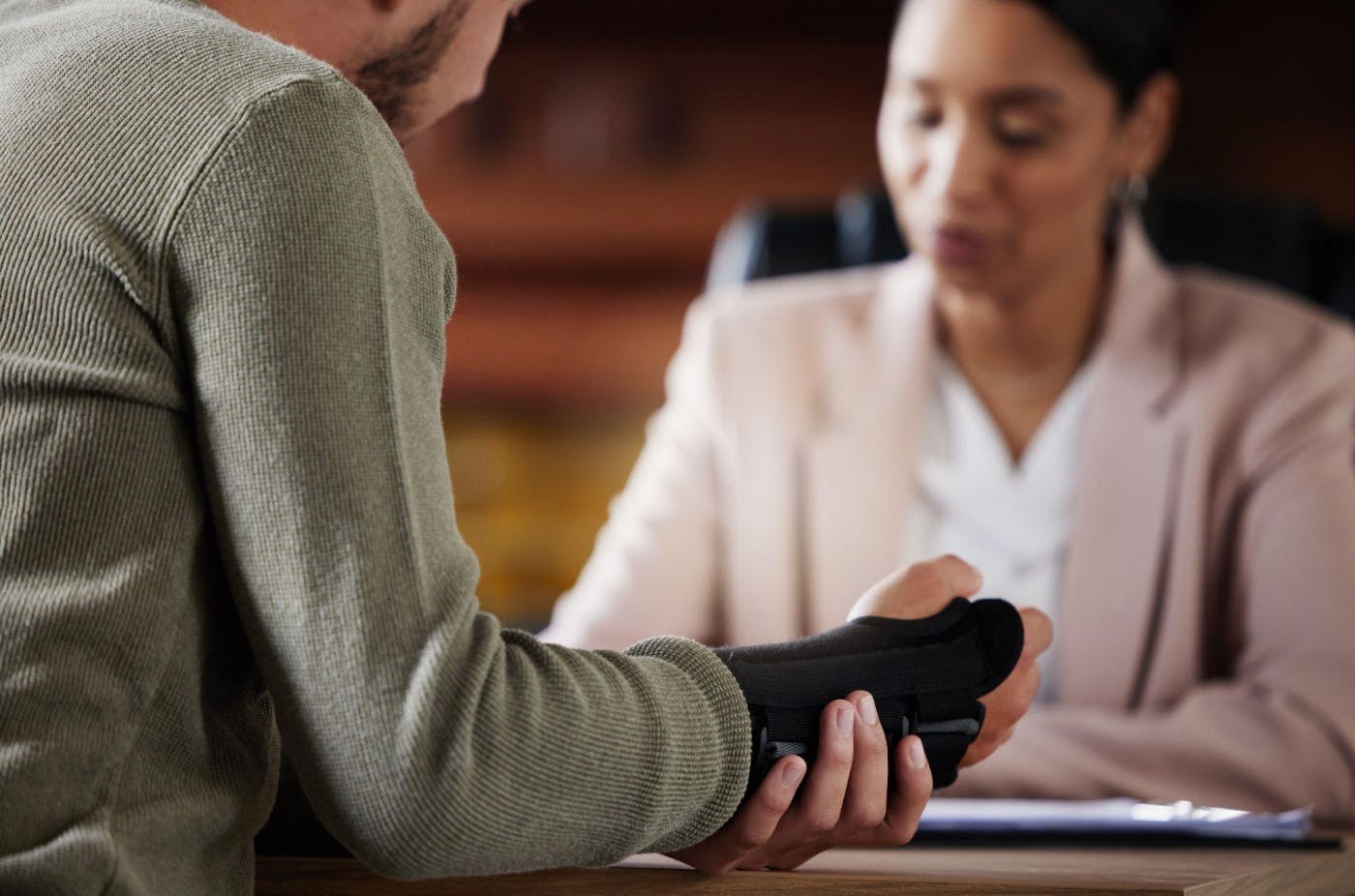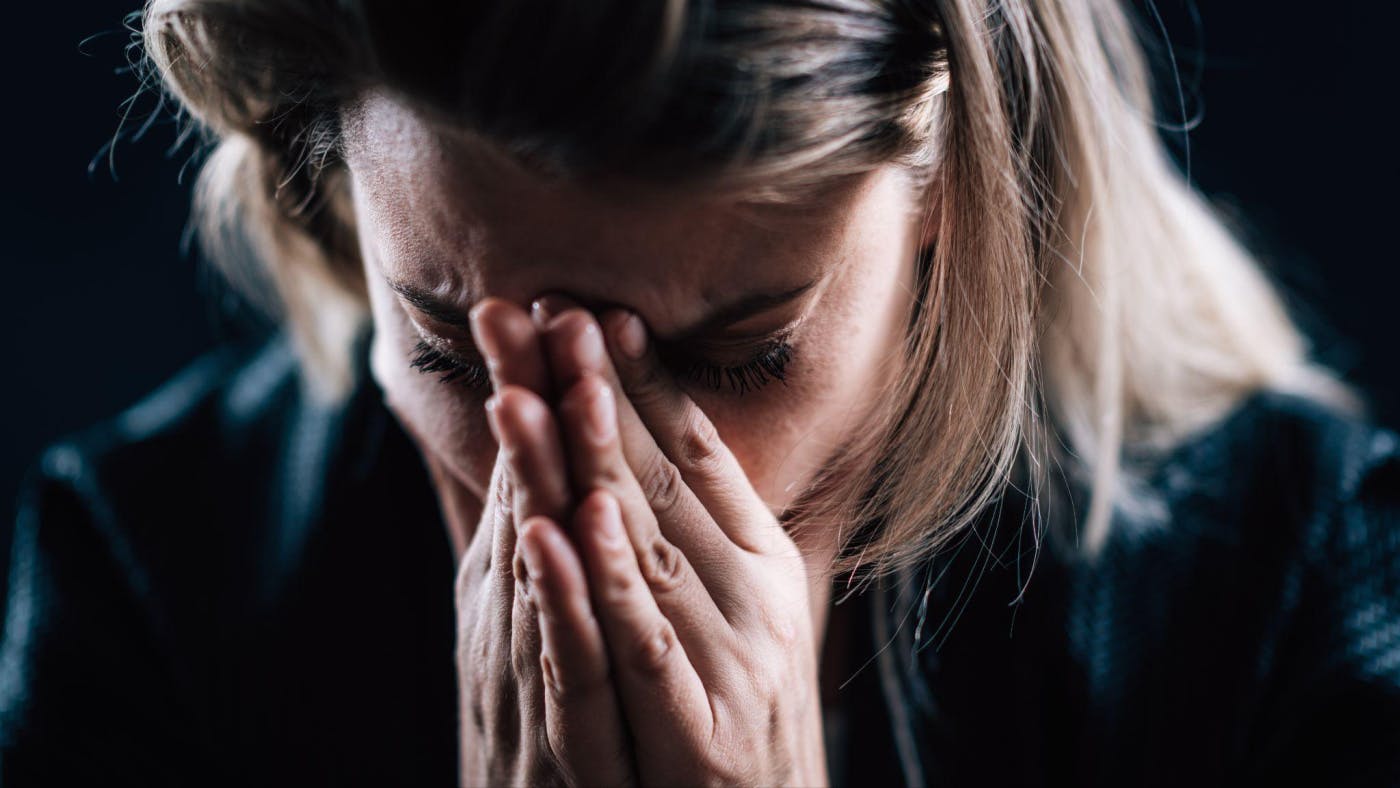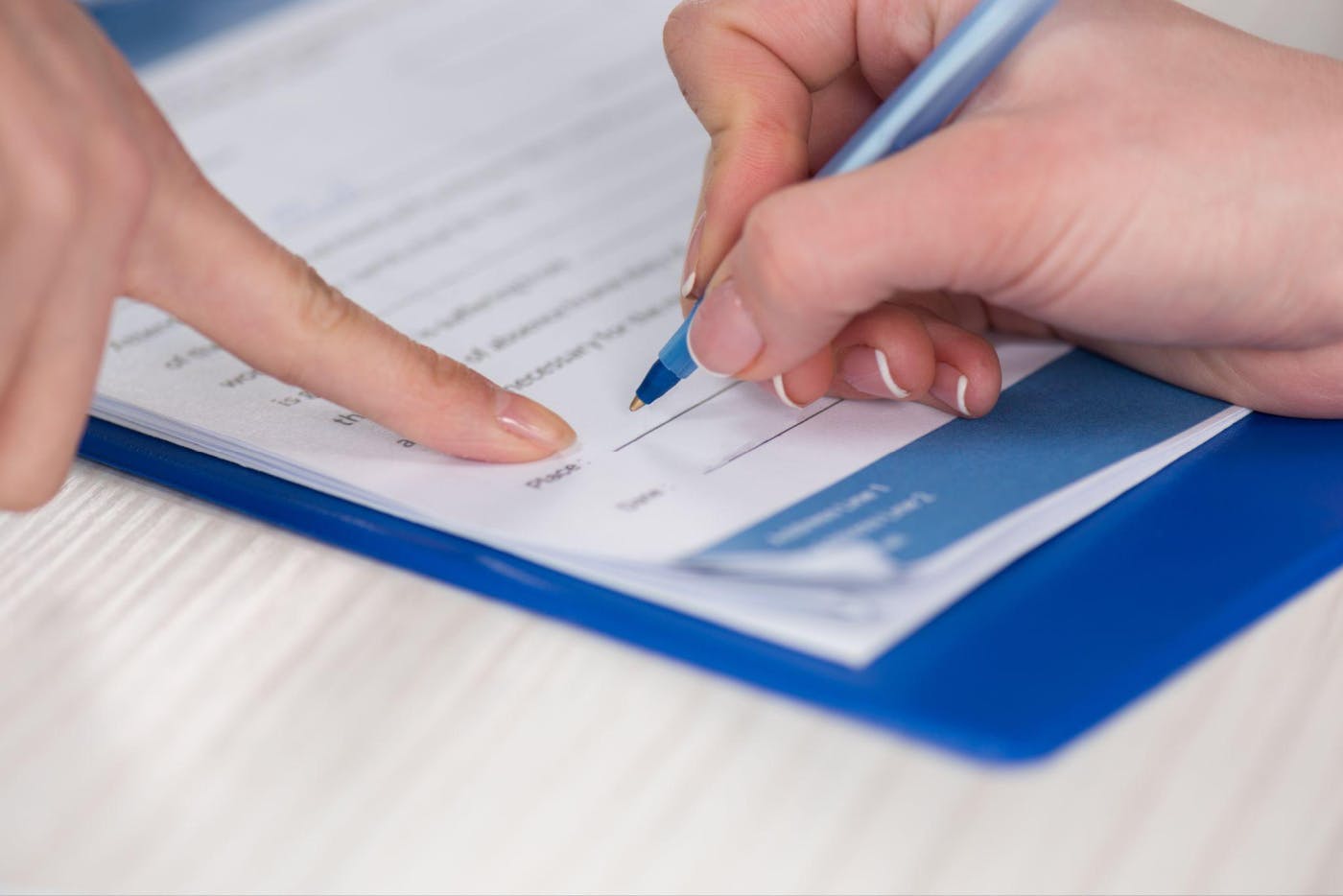Slip and Fall Injury: Do I Have a Case?
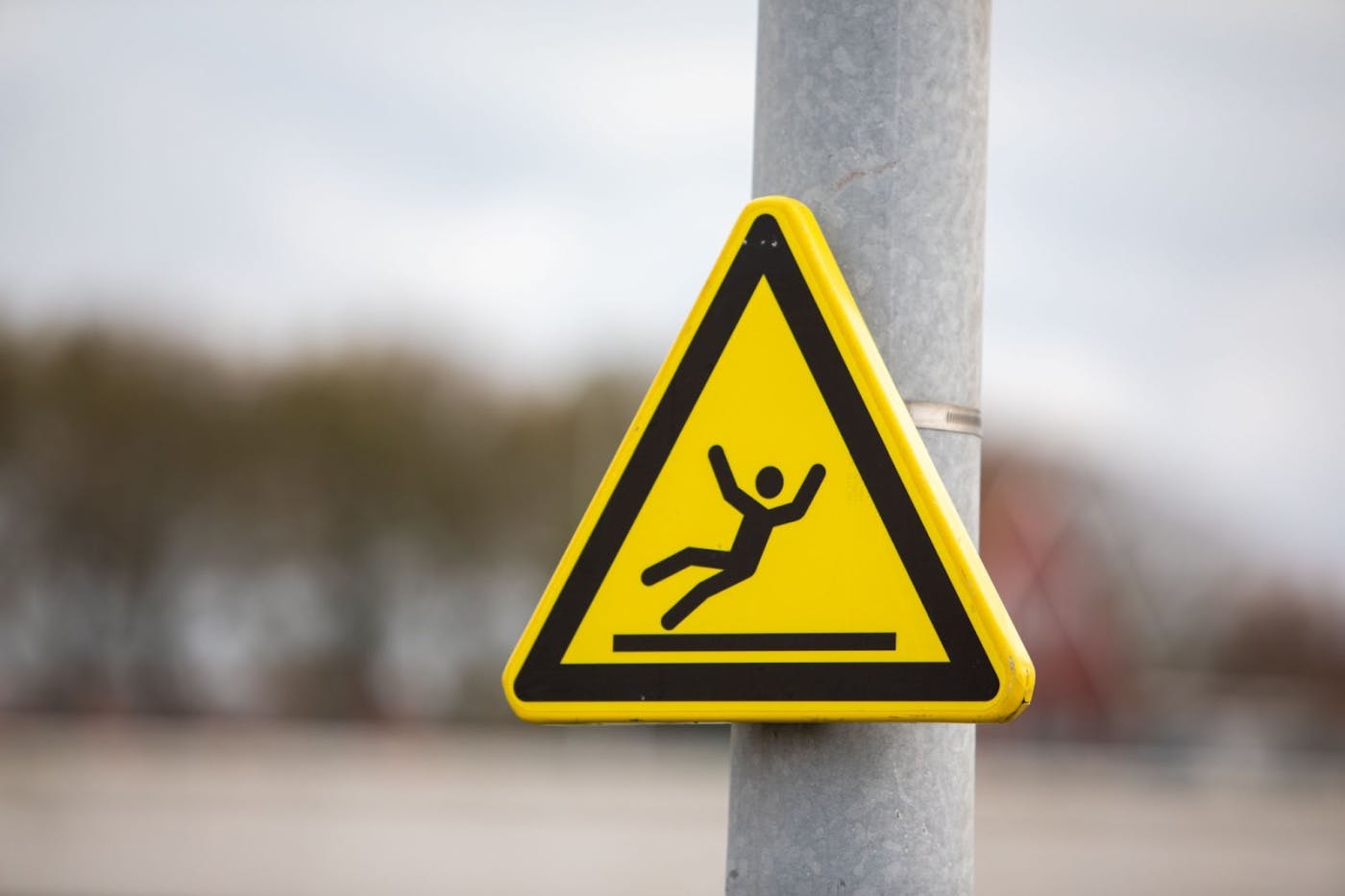
Slip-and-fall accidents can strike when you least expect them. They can lead to serious injuries, whether from a wet floor in a grocery store, a loose railing in an apartment building, or an icy walkway outside a business.
If you've experienced a slip-and-fall injury, you may wonder if you have grounds for a legal case. This post will guide you through what constitutes a slip-and-fall injury, how to establish liability, and what you can expect when pursuing a claim.
What Is a Slip-and-Fall Injury?
A slip-and-fall injury happens when someone slips, trips, or falls, injuring themselves. These kinds of accidents are often caused by:
- Slippery floors
- Uneven ground
- Icy sidewalks
- Wet parking lots
- Poor lighting
- Cluttered hallways
- Slick stairs
A fall can happen anywhere, from a private home to the workplace to a public street. And if a slip-and-fall accident occurs on someone else’s property or place of business, you may have grounds for a personal injury claim.
Establishing Liability: Do You Have a Case?
To have a valid slip-and-fall claim, you must prove that the property owner’s negligence caused your injury. This means that they had a duty to ensure the safety of the property and that this duty was breached. Here are the key elements in detail:
- Duty of care: Property owners must keep their premises reasonably safe by inspecting and addressing potential hazards. This duty applies to homeowners, businesses, and certain government departments, though the specific duty of care will be different in each case.
- Breach of duty: If a property owner knows about a dangerous condition and does nothing to remedy it, they have breached their duty of care. For example, if a store manager knows of a spilled liquid and does not clean it up or place warning signs, this could be considered a breach. If a homeowner knows about a loose step but doesn’t warn you, that may also be a breach.
Evidence Required to Support Your Case
To prove your claim, you will need evidence. Common pieces of evidence in a slip-and-fall case include:
- Medical records documenting your injuries and any treatment
- Witness statements from people who saw the fall
- Photos or videos of the accident or the hazardous conditions that caused it
Expert witnesses can also provide testimony to support your claim.
Slip-and-Fall Statute of Limitations
When seeking compensation for an injury, you must file a lawsuit within a certain period of time. The statute of limitations for slip-and-fall accidents is six years after the accident. Missing this deadline can prevent you from ever bringing a claim. However, there are exceptions, so always consult a qualified attorney when deciding whether to pursue your case.
What to Do If You've Suffered a Slip-and-Fall Injury
Immediately after a slip-and-fall accident, you should:
- Document the cause of the accident and your injuries
- Report the accident to the property owner, manager, or a relevant authority
- Seek medical attention (even if the injury seems minor at the time!)
- Contact an attorney
Taking these steps will give you a good foundation to pursue a claim. But remember: even if time has passed since your accident, it may not be too late to start the process! Always consult with your attorney to make sure.
How Much Compensation Can You Get for a Slip-and-Fall Injury?
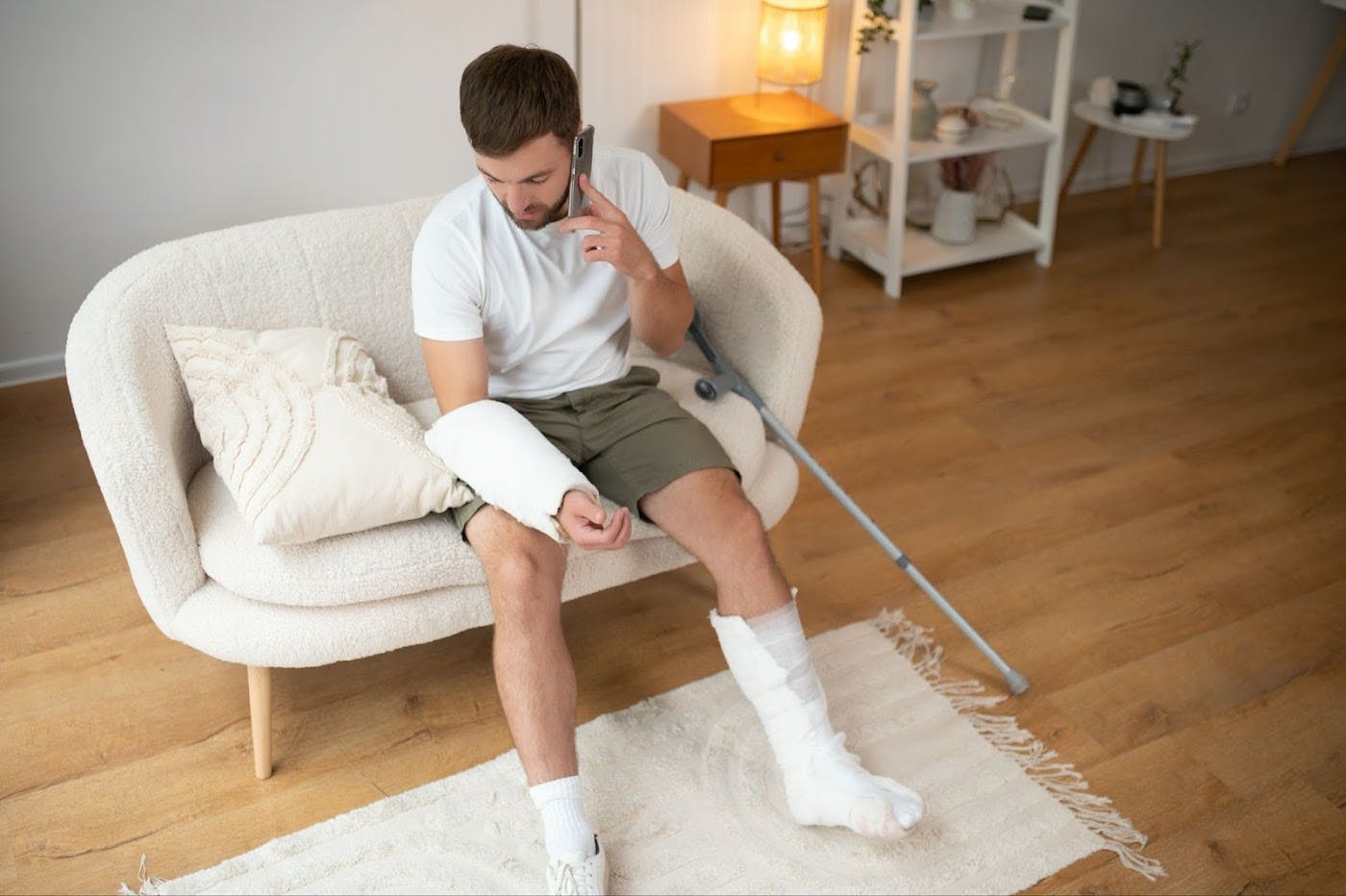
The compensation you can receive for a slip-and-fall injury depends on the severity of your injuries, the impact on your daily life, and your past and future medical expenses. Your claim can include damages for:
- Medical expenses
- Lost wages
- Lost earning capacity
- Pain and suffering
- Property damage
Each case is unique, so it's important to discuss your situation with a qualified personal injury lawyer who can give you a more accurate estimate based on the facts of your case.
How a Personal Injury Lawyer Can Help
Navigating a slip-and-fall claim can be complex and stressful. It pays to have qualified support in your corner. A personal injury lawyer can help by:
- Explaining your rights
- Gathering evidence
- Negotiating with insurance companies
- If necessary, represent you in court
That way, you can relax and focus on healing while your attorney handles the headaches.
Slip-and-Fall FAQs
Q: What if I'm partially at fault for my accident?
A: You can still pursue a claim even if you’re partially at fault, but your compensation might be reduced. This area of the law is known as comparative negligence. An attorney can advise you on the best steps to take.
Q: Can I make a claim if there were no warning signs for the hazard?
A: Yes, a lack of warning signs can actually strengthen your claim by demonstrating negligence from a property owner or business.
Q: Can I still pursue a claim if the property owner has fixed the hazard that caused my fall?
A: Yes, you can still pursue a claim. The fact that the hazard was fixed after your accident does not negate the property owner's liability for your injuries at the time of the incident.
Q: How much will it cost to file a lawsuit?
Nothing! Most injury firms work on a contingency fee basis, meaning your attorney’s fee is contingent on winning your case. Until they win, you won’t owe them a thing. Your attorney’s fee will be withdrawn from your compensation package when you win.
Q: Will I have to go to court?
Probably not. Most injury lawsuits are settled out of court long before a trial. However, if you cannot reach a fair settlement, the SiebenCarey team is ready to fight for your rights in court.
Q: Do I need a lawyer to handle my slip-and-fall case?
A: While not required, hiring a qualified attorney is always wise. Personal injury attorneys are skilled in negotiating with insurance companies, gathering necessary evidence, and presenting your case in court.
So – Do You Have a Slip-and-Fall Case?
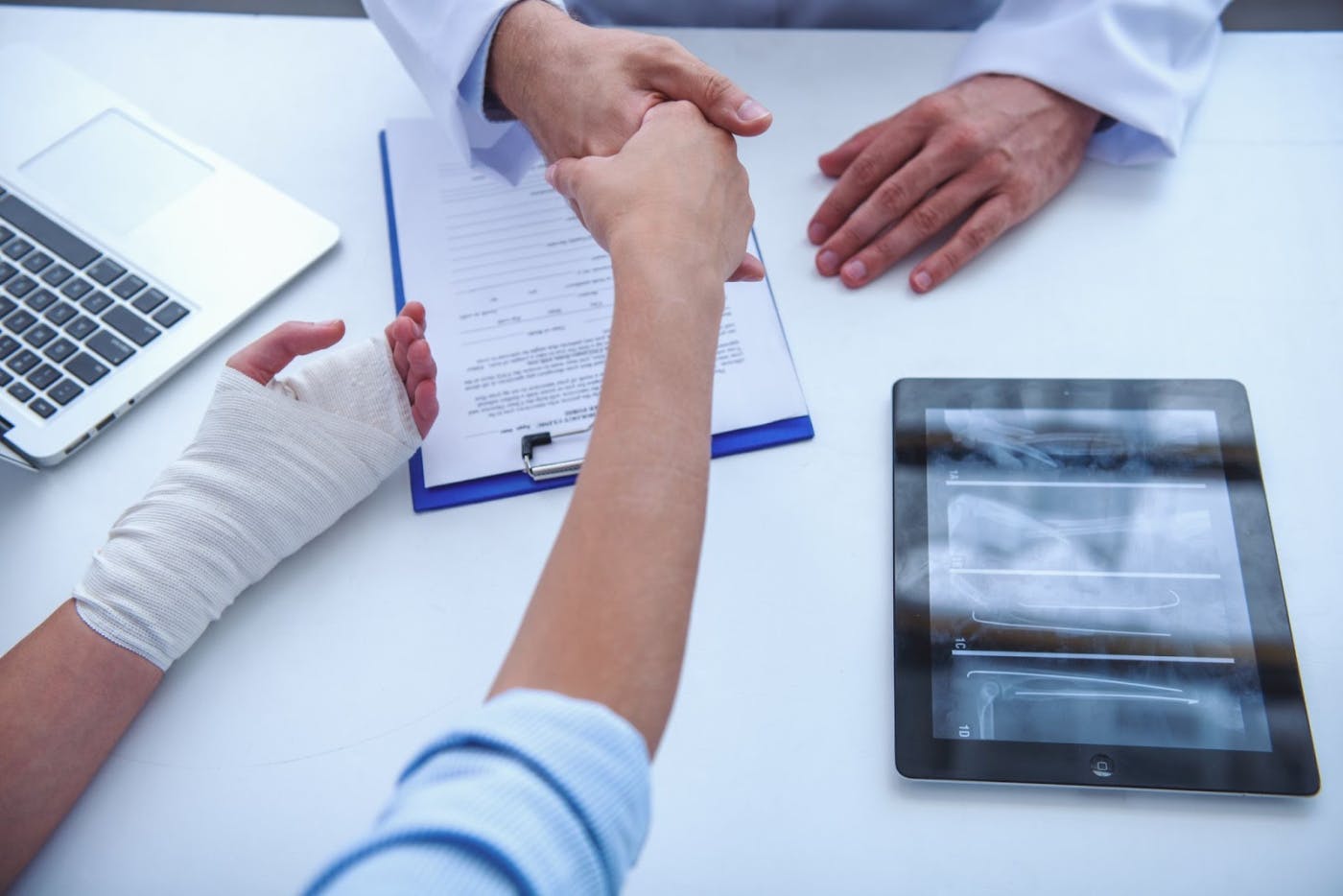
When determining whether you have a case, you must ask these questions:
- Were you injured in a slip-and-fall accident?
- Did someone else’s negligence cause your slip-and-fall injury?
- Do you have evidence to support your claim?
- If not, could an attorney or investigator get it?
If the answer to these questions is yes, you likely have grounds for a personal injury claim. A Minnesota personal injury attorney can help you answer these questions. Most provide a free consultation, so you won’t have to pay a cent to get clarity!
SiebenCarey Can Help You Get the Compensation You Deserve
Understanding your rights after a slip-and-fall injury is crucial. If you have a case, do not hesitate to reach out.
SiebenCarey is the ONLY Minnesota law firm with 70 years of experience helping injury victims get the compensation they need. When you team up with SiebenCarey, you’ll get the full benefit of:
- 70 years of proven success
- Demonstrated skills in settlement negotiations and jury trials
- Comprehensive legal resources
- A fully staffed team of experienced lawyers, paralegals, and in-house investigators
- Unflinching commitment to the “Know Your Rights” promise of personal care and communication
We also work on a contingency fee basis. That means you won’t owe us anything unless we win your case.
We’re standing by to answer all your questions! Let’s talk.



